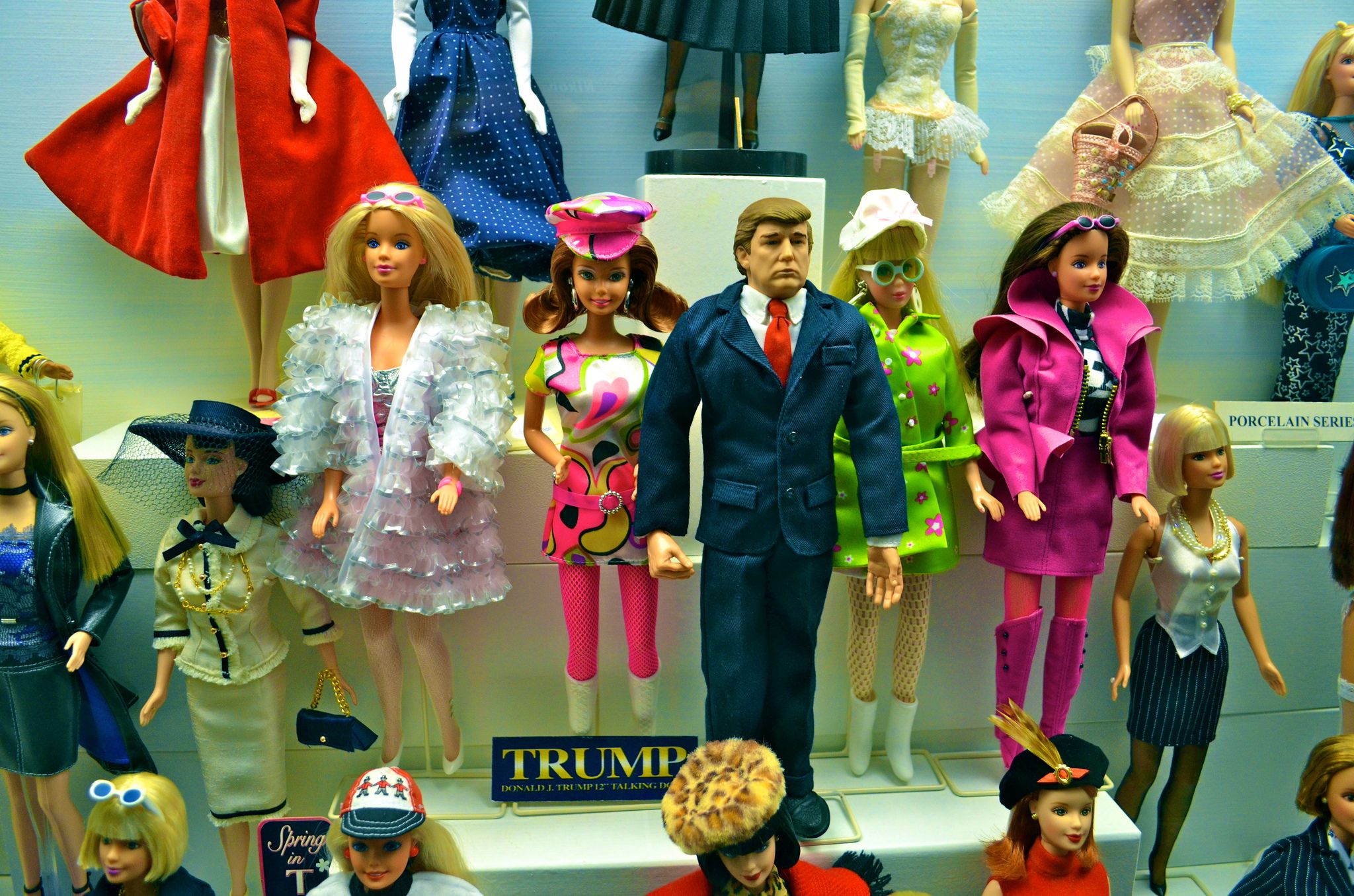The result of the US presidential election has left me, like many others in shock. Although election results can sometimes come as a surprise, I was, again like many others, firmly convinced Hillary Clinton would win. As the news sent shock waves throughout the world, political leaders reluctantly started to change their statements, many of them having previously declared that they would never cooperate with Donald Trump. In the UK Scottish First Minister Nicola Sturgeon and UK Prime Minister Theresa May both stated that they were ready to strengthen the UK/Scotland – US relationship. The Scottish opposition reacted differently with both Kezia Dugdale (Scottish Labour) and Patrick Harvey (Scottish Green Party) showing clear disappointment with the result. Dugdale, who has campaigned for Hillary Clinton in America, stated that ‘Donald Trump was responsible for a hate-filled campaign that was dominated by lies, misogyny and racism. As president-elect, he now has a responsibility to America and the world to heal the deep divisions he has caused.’ Patrick Harvie went even further, urging the First Minister not to work alongside Trump ‘Although Nicola Sturgeon has said that ties between Scotland and the US will endure, she must be clear that a racist, sexist bully is not welcome in Scotland even if he is US President.’
The social media channels exploded with end-of-the world reactions such as that of Gerard Aroud, the French ambassador in the US stating that ‘a world is collapsing before our eyes’. Some newspapers, such as the Financial Times called Trump’s win the end of the West as we know it. Indeed, Trump’s victory will have a significant impact on Europe: one of his election promises being to reverse the US commitment to the COP21 target. And the racism, xenophobia and misogyny he expressed in his election campaign will not be without serious repercussions on women’s rights, the situation of refugees and immigration.
So how could Trump win when after a huge number of political mistakes and a divisive campaign he surely should have lost? Well, one of the main reasons for Trump’s victory may actually have been his opponent Hillary Clinton. While on the one hand Donald Trump led a divisive and xenophobic campaign he also managed to win people over through the way he (claimed to have) self-financed his campaign, whereas Clinton received harsh criticism for her campaign funding, including from her party rival Bernie Sanders who accused her of capitalising on austerity. As the way Wall Street handled the financial crisis was criticised during the campaign, the fact that Clinton’s main funders were Goldman Sachs, Citi Bank and Morgan Stanley did not help. Then, of course, Clinton’s reputation was damaged by the FBI investigation just a few days before the election and although she was eventually cleared the damage was done and the Trump campaign was able to capitalise on this. Clinton also failed to appeal to many groups she was targeting; many young women for instance would have preferred Bernie Sanders due to his policies on education, housing and employment. After all, it seems that Clinton was not the radical change that America wanted; she represented both Washington and the status quo which Trump distanced himself from.
The BBC’s North America Reporter Anthony Zurcher, trying to explain why Trump won, highlighted that whereas the white working class voters turned away from the Democrats, the rural voices of America normally reluctant to vote, turned up on Election Day in high numbers to vote for Donald Trump. As we saw a similar pattern in the Brexit result, Trump’s victory once more shows that one should not underestimate anti-establishment anger as a powerful motive for voting. It is obviously not enough to criticise campaigns and candidates on grounds of racism, misogyny and xenophobia, it is vital to provide an alternative. This in some ways explains the rise of Sanders (despite most of his funding coming from small donners and the homeless).
Another reason why Trump won is his outsider status. He flaunted this at every step in the campaign, claiming he was self-funded, ignoring advice of officials and trusting his own instincts. He also continuously impressed by fighting against his own party, distancing himself from Washington and eliminating many party rivals.
The question after Trump’s election is similar to the one in Europe after Brexit, how to bring American people together? In the UK xenophobic attacks have been reported in the wake of the election as if people now feel that the election of someone like Trump has given them a legitimate reason to be abusive, racist or a bully. If the leader of a great nation downplays sexual assault or xenophobia it will be much harder for victims to report these cases. With racial tensions and police brutality ongoing in the US it is also extremely worrying to observe that only 8% of people of colour have voted for Trump.
As an ethnic minority woman I can imagine how scared many Americans must feel whose president Donald Trump clearly is not. Right now my only hope is that there will be a stronger Democratic candidate next time around who can succeed in bringing Americans together and will stand against everything that Trump has been representing. It would be great if then we could indeed welcome the first female US president. Maybe Michelle Obama should have a go?
You can download the article in PDF here.
Kate Samuels (1990) is based in Scotland and is the International Officer for the ‘Scottish Young Greens’.


